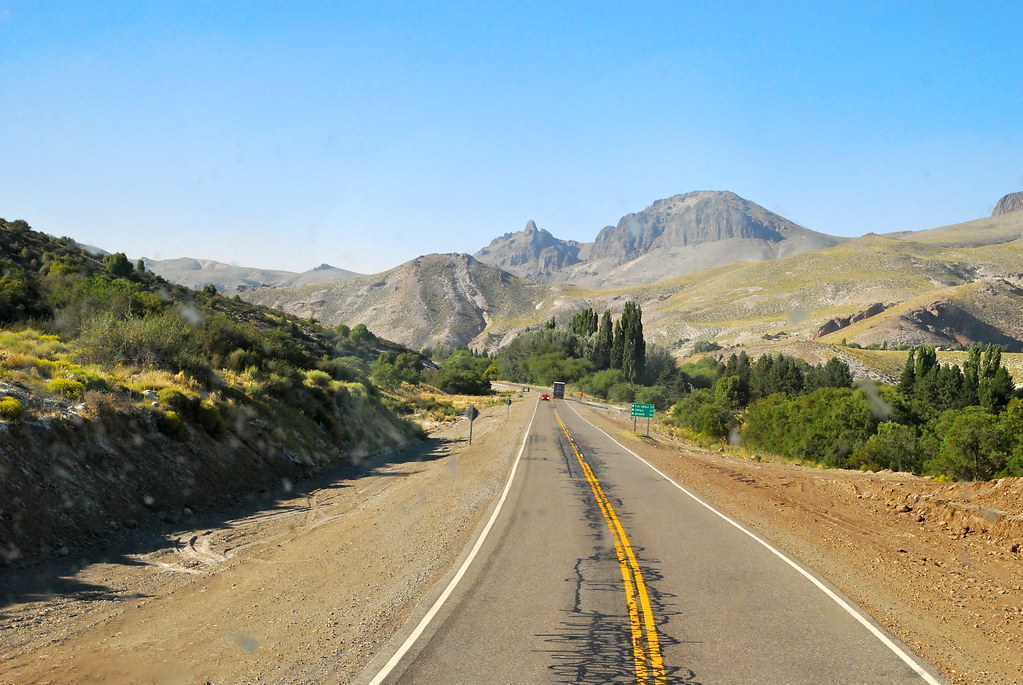
It’s finally time for vacation and you’ve planned the trip of a lifetime! You’ve got the perfect travel wardrobe, the perfect itinerary, and the perfect companions joining you (and yes, the perfect companion can be yourself if you’re stepping out for a solo holiday). This trip is to an exotic location, somewhere to jolt you out of your everyday life with sights, sounds, smells and experiences that are new and exciting…somewhere like a safari in South Africa, cruising the Amazon in South America, or finally checking a visit to the Taj Mahal off your bucket list.
With travel options to so many different places, you sometimes have to remember that the entire world doesn’t do food and water hygiene the way the United States does. While people living in Brazil may be accustomed to drinking water straight from the tap, if you do the same, you may find yourself very ill, indeed.
The last thing anyone wants is to be sick somewhere other than home. Navigating another country’s healthcare system can be challenging, especially if you don’t speak their language.
As good old Ben Franklin said, “An ounce of prevention is worth a pound of cure.” Still good advice today.
So, how do you avoid GI illness while taking that trip of a lifetime? Here are some practical tips.
Drink bottled water.
This is the only way to guarantee that you’re getting water that is to the standard your body is accustomed to in the United States. Make sure the seal on the lid is intact and the bottle itself hasn’t leaked. Do your best to recycle the empty bottles when you’re done if facilities exist in the country you’re visiting.
Watch out for contaminated ice.
One would think the process of freezing water would kill any potential contaminants, but unfortunately, that isn’t the case. Any ice in your drinks must be made from bottled water in regularly cleaned facilities, or you risk your gut.
Consider going vegetarian.
Cooked vegetables are generally safe. Variations in cooking methodologies and how long it’s acceptable to leave cooked food at room temperature can make eating meats in some places a risk.
Avoid raw vegetables.
Wait a minute, didn’t number three say consider going vegetarian? That’s not a typo. Both pieces of advice are true. Avoiding raw vegetables (such as salads) in some places is important because of potential contamination with fertilizers. Yes, there are farms around the world where the use of human feces is considered an absolutely normal fertilizer. Unless the vegetables grown there are thoroughly washed, you risk catching a GI bug.
Avoid fruits where you eat the skin.
Same reason for fruits as for vegetables. Fruits that require you to peel them, such as oranges or bananas, or use a knife to cut through a rind, such as watermelon, are safer bets.
Wash your hands thoroughly with soap and clean water.
Now is the time to practice handwashing the way your mama taught you: after using the toilet, after changing diapers, before and after meals, periodically throughout the day. Carry a bottle of alcohol-based hand sanitizer with you for situations where you may not have access to proper handwashing facilities.
Be prepared.
Before you go on your trip, you should visit with a travel medicine specialist to determine what vaccinations are needed and if there are particular precautions in place for your destination. You should also watch for travel advisories issued because of health reasons, such as warnings of an outbreak of a GI illness in the area where you’re planning to go. That’s your clue to be extra careful. Pack over the counter antidiarrheal medication to bring with you, as it may not be readily available at your destination.
A few precautions mean the trip of a lifetime can be just as awe-inspiring as you’d hoped it would be, without travelers’ diarrhea. Bon voyage!

Share This